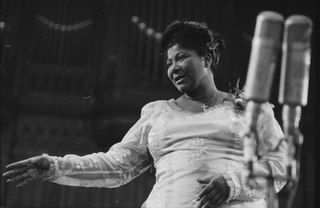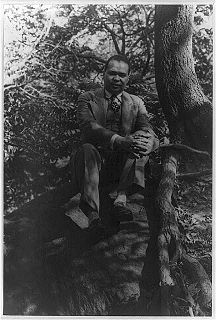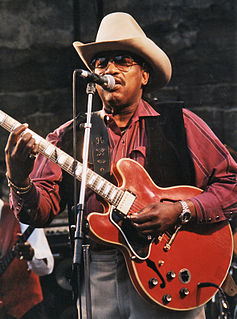A Quote by Norman Finkelstein
Related Quotes
I maintain that I have been a Negro three times--a Negro baby, a Negro girl and a Negro woman. Still, if you have received no clear cut impression of what the Negro in America is like, then you are in the same place with me. There is no The Negro here. Our lives are so diversified, internal attitudes so varied, appearances and capabilities so different, that there is no possible classification so catholic that it will cover us all, except My people! My people!
Just take the negro child. Take the white child. The white child, although it has not committed any of the per - as a person has not committed any of the deeds that has produced the plight that the negro finds himself in, is he guiltless? The only way you can determine that is, take the negro child who's only four-years-old. Can he escape, though he's only four years old, can he escape the stigma of discrimination and segregation? He's only four-years-old.
We should emphasize not Negro History, but the Negro in history. What we need is not a history of selected races or nations, but the history of the world, void of national bias, race, hate, and religious prejudice. There should be no indulgence in undue eulogy of the Negro. The case of the Negro is well taken care of when it is shown how he has far influenced the development of civilization.
Negro writers, just by being black, have been on the blacklist all our lives. Do you know that there are libraries in our country that will not stock a book by a Negro writer, not even as a gift? There are towns where Negro newspapers and magazines cannot be sold except surreptitiously. There are American magazines that have never published anything by Negroes. There are film studios that have never hired a Negro writer. Censorship for us begins at the color line.
Carmen Jones was the first all-Negro film that became a great box-office success. It established the fact that pictures with Negro artists, pictures dealing with the folklore of Negro life, were commercially feasible. This was a sign of growth that had occurred in the United States and throughout the world.

































